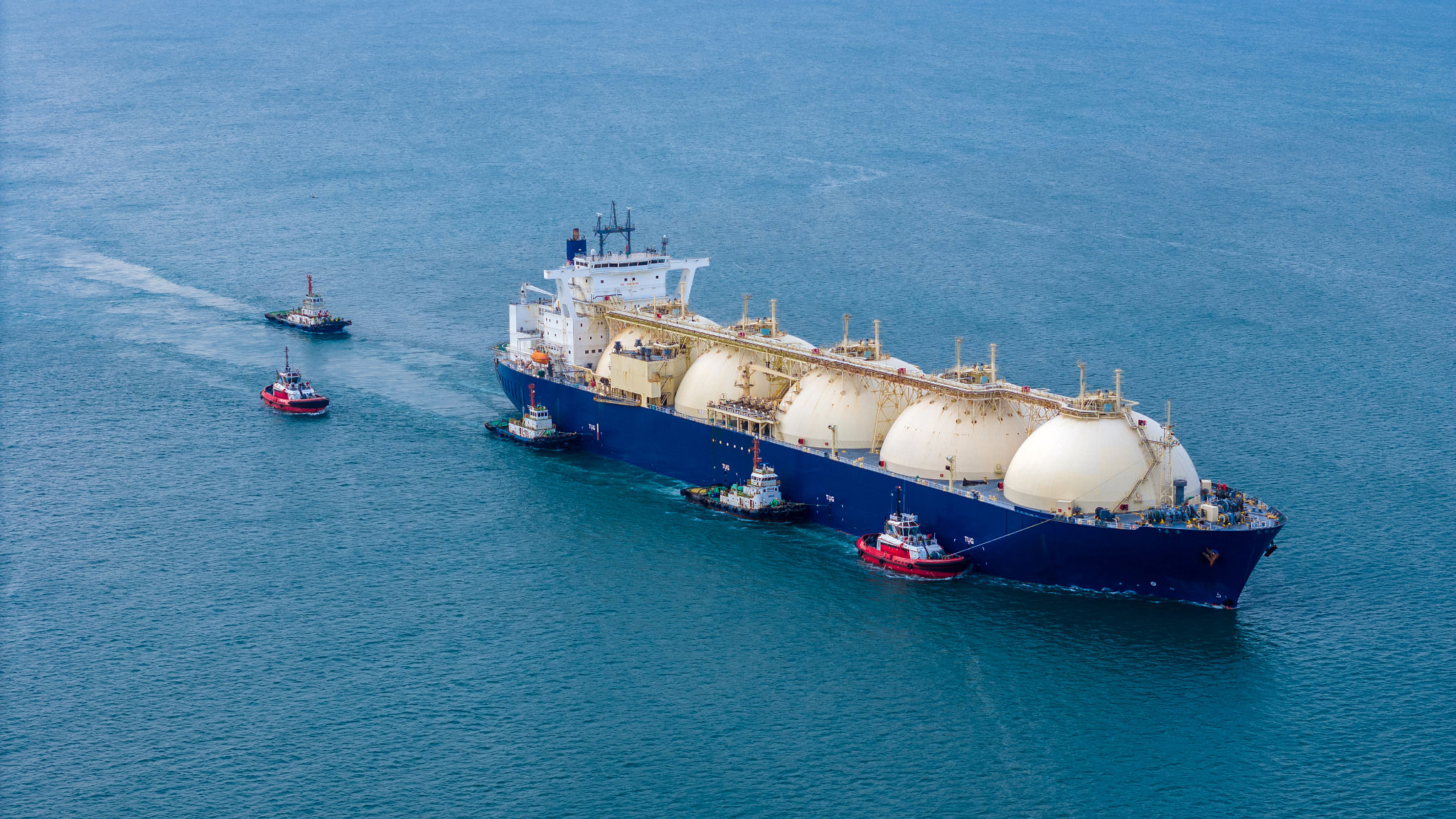AI Solutions for the Maritime Industry: A Case Study Approach
Introduction to AI in the Maritime Industry
The maritime industry, a cornerstone of global trade and commerce, is embracing technological advancements to enhance efficiency and safety. One such transformative technology is artificial intelligence (AI), which offers innovative solutions to longstanding challenges. This case study approach will explore how AI is revolutionizing maritime operations, providing insights into its applications and benefits.
AI solutions are being integrated into various aspects of maritime operations, from navigation to maintenance. These technologies are not only improving operational efficiency but also reducing costs and enhancing safety measures. As the industry continues to evolve, AI is set to play an increasingly pivotal role in shaping its future.

Enhancing Navigation and Route Optimization
One of the most significant applications of AI in the maritime industry is in navigation and route optimization. By leveraging machine learning algorithms, shipping companies can analyze vast amounts of data to determine the most efficient routes. This not only reduces fuel consumption but also minimizes transit times, leading to substantial cost savings.
For instance, AI-powered tools can assess weather patterns, sea traffic, and port congestion to suggest optimal routes. This proactive approach ensures that vessels avoid adverse conditions and reach their destinations safely and on time. Companies that have adopted AI for route optimization report a marked improvement in their operational efficiency.
Predictive Maintenance and Equipment Monitoring
Predictive maintenance is another area where AI is making waves. Traditional maintenance schedules often lead to unnecessary downtime or unexpected equipment failures. AI-driven predictive maintenance systems monitor equipment health in real-time, using sensors and data analytics to predict potential failures before they occur.

This approach allows for timely interventions, reducing downtime and maintenance costs while extending the lifespan of equipment. Vessels equipped with these systems experience fewer disruptions and are better positioned to maintain their schedules, ultimately improving profitability.
Improving Safety and Compliance
Safety is paramount in the maritime industry, and AI is proving instrumental in enhancing safety protocols. Advanced AI systems can monitor vessel operations around the clock, identifying potential hazards and alerting crews to take corrective action. This continuous monitoring helps prevent accidents and ensures compliance with international safety standards.
Moreover, AI can assist in training crew members by simulating various scenarios and providing real-time feedback. This hands-on approach equips personnel with the skills needed to handle emergencies effectively, further bolstering safety on board.

AI in Port Operations
Port operations also benefit significantly from AI technologies. Automated systems streamline logistics, manage cargo movement, and improve turnaround times. AI-driven analytics can forecast demand and optimize resource allocation, ensuring that ports operate at peak efficiency.
By reducing delays and improving throughput, AI enhances the overall productivity of port operations. This efficiency not only benefits shipping companies but also contributes to smoother supply chain processes, meeting the growing demands of global trade.
Conclusion: The Future of AI in Maritime
The integration of AI solutions in the maritime industry represents a paradigm shift towards smarter, more efficient operations. As this case study demonstrates, AI offers tangible benefits across navigation, maintenance, safety, and port operations. The continuous development of AI technologies promises even greater advancements in the future.
Companies that embrace these innovations are better positioned to thrive in an increasingly competitive market, ensuring sustainable growth and success in the years to come. The maritime industry stands at the brink of a technological revolution, with AI at its helm.
